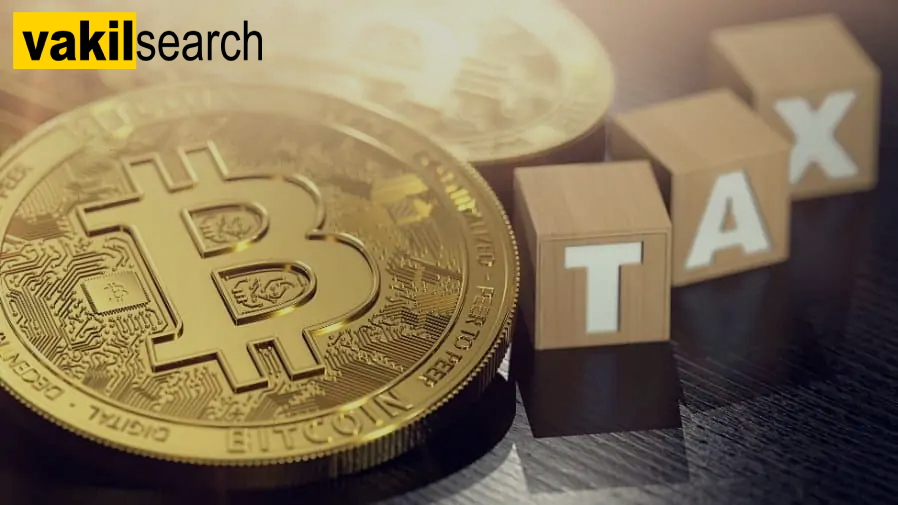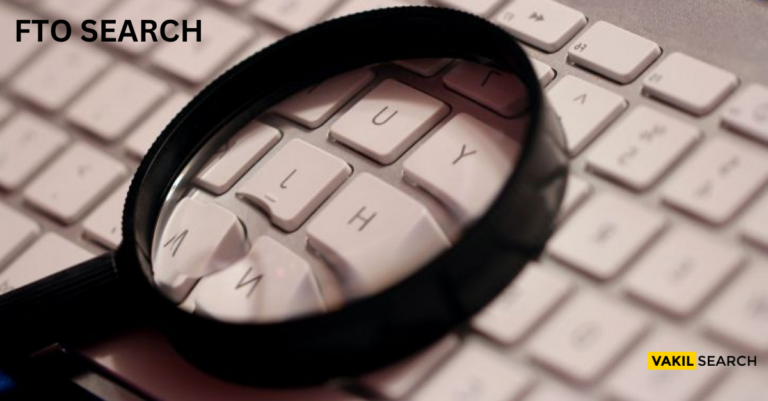If you're interested in getting involved in NFT trading, this guide will provide you with a step-by-step overview of the process.
How to Trade NFTs:
Non-Fungible Tokens (NFTs) have gained significant popularity as a form of digital asset, allowing individuals to buy, sell, and trade unique virtual items. If you’re interested in getting involved in NFT trading, this guide will provide you with a step-by-step overview of the process.
Step 1: Sign up on a crypto exchange or wallet:
Choose a reputable cryptocurrency exchange or wallet that supports NFT trading. Some popular platforms for trading NFTs include OpenSea, Rarible, and NBA Top Shot. Sign up for an account and complete any required verification processes.
Step 2: Get set to acquire NFTs:
Before you can trade NFTs, you need to acquire them. There are a few ways to do this:
Purchase NFTs from a marketplace: Explore the marketplace within your chosen platform and browse the available NFTs. Once you find an NFT you want to buy, follow the instructions to complete the purchase using the supported cryptocurrencies.
Participate in NFT drops or auctions: Some NFTs are released through limited drops or auctions. Keep an eye on announcements from artists or projects you’re interested in to participate in these events.
Step 3: Trade NFTs in the marketplace:
Once you own NFTs, you can choose to hold onto them, sell them, or trade them for other NFTs. Visit the marketplace within your chosen platform, list your NFTs for sale or trade, set the desired price or conditions, and complete the transaction when a buyer or trader matches your listing
Best Cryptocurrency Exchanges:
The choice of cryptocurrency exchanges depends on several factors, including your location, trading preferences, and the availability of NFTs. Some popular cryptocurrency exchanges that support NFT trading include:
- Binance
- Coinbase
- Kraken
- Gemini
- KuCoin
Remember to research and compare the features, fees, security measures, and supported cryptocurrencies of different exchanges to find the best fit for your needs.
Types of Cryptocurrency Exchanges:
Centralized Exchanges: These are traditional exchanges that act as intermediaries between buyers and sellers. They facilitate the trading of cryptocurrencies, including NFTs, and often offer advanced features, liquidity, and user-friendly interfaces.
Decentralized Exchanges: Decentralized exchanges (DEXs) operate on blockchain networks, allowing peer-to-peer trading without relying on a central authority. DEXs provide greater privacy and control over funds, but may have lower liquidity and fewer trading options compared to centralized exchanges.
Hybrid Exchanges: Hybrid exchanges combine elements of centralized and decentralized exchanges, offering features like order books, high liquidity, and direct token swaps. They aim to provide a balance between security, control, and user experience.
Factors to Consider When Opening a Cryptocurrency Trading Account:
When opening a cryptocurrency trading account to trade NFTs, it’s essential to consider several factors:
Security: Look for a trading platform that prioritizes security measures such as two-factor authentication, encryption, and cold storage of funds. Ensure the platform has a strong track record in protecting user assets and has not experienced significant security breaches.
Fees: Different trading platforms charge different fees for trading NFTs. Pay attention to transaction fees, deposit and withdrawal fees, and any additional charges for using specific features or services. Compare the fee structures of different platforms to find one that suits your trading frequency and budget.
Number and Quality of Supported NFTs: Not all platforms support the same NFTs. Some platforms may have a wider range of NFTs available for trading, including high-quality and well-known projects. Consider the platform’s selection of NFTs and ensure it aligns with your investment interests and preferences.
Research Tools: Robust research tools can be valuable when trading NFTs. Look for platforms that provide comprehensive market data, historical price charts, project information, and user sentiment analysis. Having access to reliable research tools can help you make more informed trading decisions.
Storage and Custody: Consider how the trading platform handles the storage and custody of your NFTs. Some platforms allow you to store your NFTs directly in your account’s wallet, while others may require you to transfer them to an external wallet. Evaluate the platform’s storage practices and security measures to ensure the safety of your assets.
Customer Service: Good customer service can be crucial when trading NFTs, especially if you encounter technical issues, have questions about the platform’s features, or need assistance with transactions. Look for a trading platform that offers responsive customer support through multiple channels, such as email, live chat, or phone.
Educational Content: Educational resources provided by the trading platform can be valuable, especially for beginners. Look for platforms that offer educational content like tutorials, guides, articles, and webinars to help you understand the NFT market, trading strategies, and platform functionalities.
FAQs
What Are NFTs?
NFTs, or Non-Fungible Tokens, are unique digital assets that are verified and recorded on a blockchain. Unlike cryptocurrencies such as Bitcoin or Ethereum, which are fungible and can be exchanged on a one-to-one basis, each NFT has distinct properties and cannot be exchanged on a like-for-like basis.
How Do Non-Fungible Tokens (NFTs) Work?
NFTs are typically built on blockchain networks such as Ethereum. Each NFT contains a unique digital identifier that verifies its authenticity, ownership, and specific attributes. These attributes can include things like artwork, collectibles, virtual real estate, or in-game items. The blockchain ensures the transparency, security, and immutability of the ownership records for NFTs.
Are NFTs Bad for the Environment?
The environmental impact of NFTs has been a topic of discussion. Many NFTs are created and traded on the Ethereum network, which currently relies on a consensus mechanism called proof-of-work (PoW). PoW blockchains consume significant amounts of energy. However, Ethereum is transitioning to a more energy-efficient consensus mechanism called proof-of-stake (PoS), which should reduce its environmental footprint. Additionally, there are also emerging platforms and blockchains that prioritize sustainability and aim to minimize energy consumption.
Is NFT Trading Safe?
NFT trading carries inherent risks, including the potential for fraud, scams, and market volatility. It's crucial to exercise caution when engaging in NFT trading. Always choose a reputable platform, while trading NFTs.
Also, Read:










